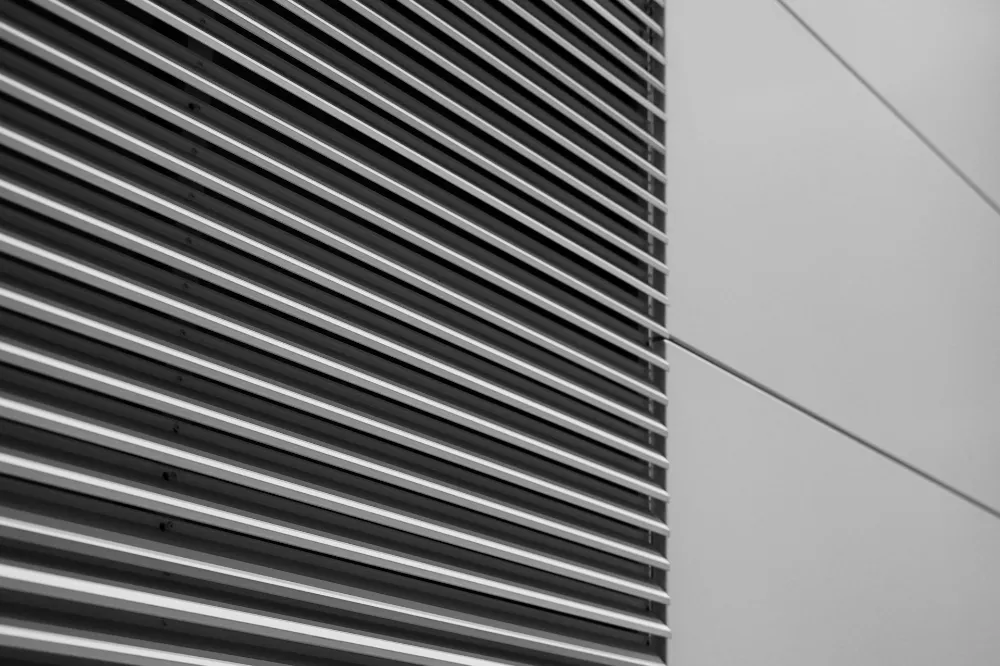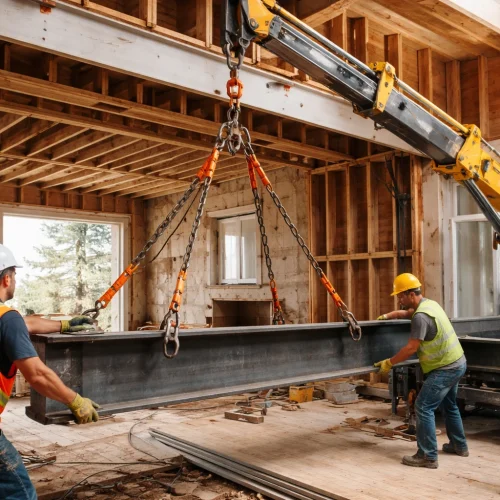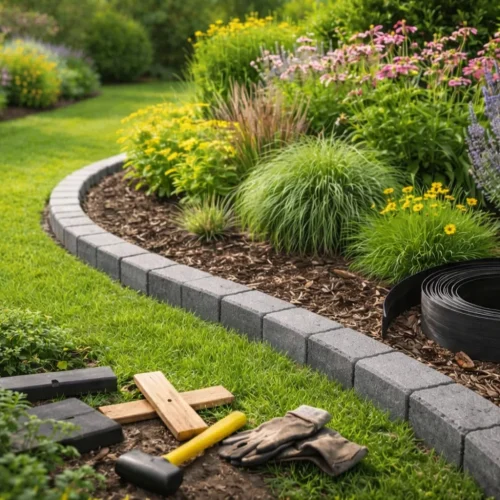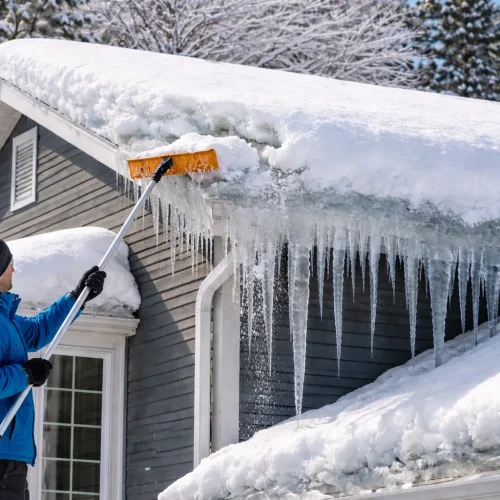
Have you ever noticed how your HVAC seems to have a personality depending on the time of year? In winter, it works overtime like an over-caffeinated intern, blasting heat to keep you warm. In summer, it groans through the workload, chugging away like it’s in a marathon. Spring and fall bring a short sigh of relief before the next round begins. The truth is, your HVAC never really rests. It adjusts to whatever the season throws at it, and sometimes that strain shows up in higher bills, uneven comfort, or strange noises that make you nervous.
Climate isn’t what it used to be. Heat waves last longer, winters are unpredictable, and storms are more intense. These shifts highlight how much we depend on systems we usually take for granted. An HVAC system isn’t just about comfort anymore—it’s about resilience in the face of unstable weather patterns. Think about Northshore, where humid summers and chilly winters test equipment year after year. What used to be “routine maintenance” now feels like an essential survival tactic.
In this blog, we will share how seasonal changes affect your HVAC system, why preparation matters, and what you can do to keep it running efficiently no matter the forecast.
Winter Demands More Than Warmth
When temperatures drop, your HVAC works harder to fight drafts, poor insulation, and frozen pipes, often revealing hidden problems like clogged filters or failing furnaces. Scheduling inspections and sealing leaks before winter reduces strain, saves money, and prevents dangerous mid-season breakdowns.
In regions like Northshore, the combination of lake-effect winds and bitter cold makes reliable heating a necessity, not a luxury. But without proper maintenance and preparation, even the best systems can struggle under that kind of pressure. That’s why homeowners often rely on HVAC services in the Northshore to keep systems ready for the season. Routine checkups, emergency support, and timely upgrades give peace of mind when the weather turns harsh. Without that support, you risk more than discomfort. You risk damage to your home and health.
Even beyond heating, humidity control in winter is a big deal. Dry air leads to sore throats, cracked skin, and static shocks that make you dread touching doorknobs. A well-tuned HVAC system balances this by managing indoor moisture levels, improving comfort beyond just temperature.
Summer Brings Its Own Stress Test
If winter pushes your system to keep you warm, summer challenges it to keep you cool. Air conditioners work their hardest during heat waves, when demand is at its peak. That’s also when power grids strain, and outages become more likely. An HVAC system running in high heat uses more energy, which means higher utility bills. Without regular cleaning and maintenance, coils clog and refrigerant levels drop, leading to reduced performance or even complete failure.
Humidity plays a huge role here too. In hot, muggy weather, your HVAC doesn’t just cool air—it also dehumidifies it. That extra task puts even more strain on the unit. If it can’t keep up, the result is sticky, uncomfortable rooms no matter how low you set the thermostat. Regular maintenance like replacing filters and cleaning vents ensures airflow remains strong enough to handle the dual job of cooling and dehumidifying.
Summer also exposes weak points in ductwork. Leaky ducts waste cooled air, forcing the system to run longer and harder. That wasted energy shows up in higher bills. Inspections can catch these issues early, preventing unnecessary strain on the system.
Spring and Fall Are Prep Seasons
These shoulder seasons are often overlooked, but they’re the best times to prepare. In spring, your HVAC recovers from winter’s heavy use. Replacing filters, checking refrigerant, and cleaning out vents keeps it ready for the upcoming heat. Spring is also allergy season, and HVAC systems play a big role in air quality. Clean filters prevent pollen and dust from circulating, making your home a healthier place.
Fall prep is just as important. After a long summer of cooling, the system needs inspection before heating season begins. This is when small repairs make the biggest difference. A minor issue caught in September is far easier to handle than a breakdown in December. Preventive care keeps your system efficient year-round.
Spring and fall are also the best times to consider upgrades. If your system is aging or constantly breaking down, replacing it during mild weather avoids the stress of doing it during extreme conditions. Plus, many companies offer seasonal promotions that can make upgrades more affordable.
Weather Patterns Are Changing, and So Must Your HVAC Habits
Extreme weather events are no longer rare. Heat waves, polar vortexes, and sudden storms are happening more often. That means your HVAC system isn’t just dealing with “regular” seasons anymore. It’s dealing with extremes. The strain of running almost constantly during these events shortens the lifespan of equipment if it’s not cared for properly.
That’s why consistent maintenance is no longer optional. Think of it like oil changes for a car. Skipping them doesn’t cause instant failure, but over time, the wear becomes unavoidable. HVAC systems work the same way. Neglect speeds up breakdowns, while care extends performance.
Smart technology is becoming part of this shift. Programmable thermostats, smart sensors, and energy-monitoring systems help regulate use more efficiently. They adapt to weather changes and daily routines, reducing unnecessary strain. Investing in these tools pays off in both comfort and cost savings.
Practical Steps Homeowners Can Take
Even without major upgrades, there are small, practical ways to reduce seasonal strain on your HVAC.
- Change filters regularly, ideally every one to three months.
- Keep outdoor units clear of debris like leaves, grass, and snow.
- Seal windows and doors to reduce drafts and wasted energy.
- Use ceiling fans to help circulate air, reducing the burden on the system.
- Schedule professional inspections at least twice a year—before winter and summer.
These simple habits make a big difference. They keep your system efficient, extend its lifespan, and lower bills. Most importantly, they keep your home comfortable no matter what the season brings.
Seasonal changes will always test your HVAC system. But with the right mix of preparation, maintenance, and professional support, you can keep it running smoothly year after year. Instead of worrying about whether your system will make it through the next heat wave or cold snap, you can focus on enjoying the season itself. That’s the real goal—comfort without the stress.













